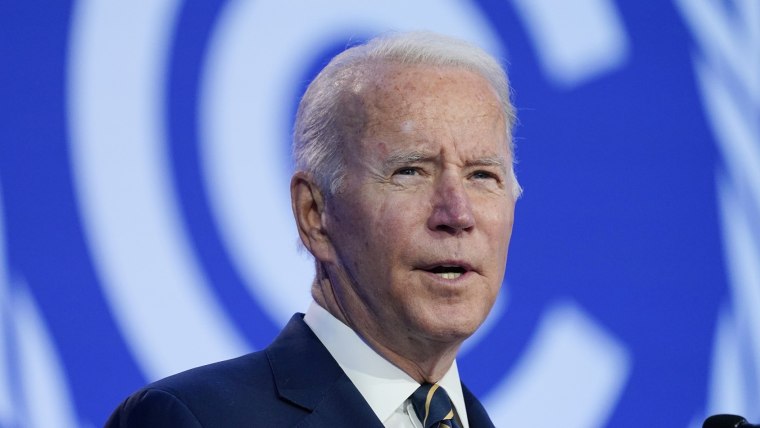JAKARTA, Indonesia — Indonesia's environment minister has dismissed as "inappropriate and unfair" a global plan to end deforestation by 2030, days after her country, home to a third of the world's rainforests, joined 127 other nations in making the deforestation pledge.
The agreement late on Monday at the COP26 climate talks was at odds with Indonesia's development plans and the global goals should be fine-tuned, said minister Siti Nurbaya Bakar, who attended the summit in Glasgow, Scotland.
"Forcing Indonesia to (reach) zero deforestation in 2030 is clearly inappropriate and unfair," she said on Twitter on Wednesday.
"The massive development of President Jokowi's era must not stop in the name of carbon emissions or in the name of deforestation," she said, referring to Indonesian leader Joko Widodo by his nickname.
Her comments so soon after the pledge underline the challenges ahead over global deforestation goals, with just three countries — Indonesia, Brazil and the Democratic Republic of Congo — collectively accounting for 85 percent of the world's forests.
Adding to confusion over Indonesia's position, the country's vice foreign minister, Mahendra Siregar, on Thursday denied that zero deforestation by 2030 was even part of the COP26 pledge.
"The declaration issued does not refer at all to the 'end deforestation by 2030,'" he said in a statement.
"It is important to move beyond mere narrative, rhetoric, arbitrary targets and sound bites," he added.
He further explained that the pledge did not mean to halt deforestation completely, but to ensure there was no net loss of forested land.
A spokesman for the environment ministry did not immediately respond to requests for clarification on Thursday and the presidential palace could not be reached.
Mahendra later told Reuters that Indonesia interprets "halt and reverse forest loss and land degradation by 2030," as stated in the pledge, as "sustainable forest management... not end deforestation by 2030."
Environment minister Siti said definitions of deforestation differed widely, so imposing European standards on Indonesia was unfair.
Instead, she highlighted Indonesia's own, less absolute goals, where the forestry sector would absorb more greenhouse gases than it releases by 2030 by minimizing deforestation and rehabilitating forests.
Download the NBC News app for breaking news and politics
But the almost immediate about-face by a country central to saving the world's tropical rainforests set off outrage among environmental activists.
"The statement is profoundly disappointing," said Kiki Taufik, head of Greenpeace's Indonesian forests campaign, calling it "completely at odds with the declaration."
Although Indonesia has plans to retire its coal-fired power plants and reach net-zero emissions before 2060, leaving forests untouched will be a challenge.
Indonesia is the world's biggest exporter of palm oil, and in 2019 alone an area of forest and other land half the size of Belgium was burned for plantations.
Authorities have, however, since 2018 suspended issue of permits for new plantations and cut deforestation by 75 percent last year.
Indonesia is also seeking to expand its nickel and electric vehicle (EV) industries, requiring more land.
Fitch Solutions, in a research note on the COP26 pledge, said it could pose a risk to Indonesia's EV supply chain development and establishment of new nickel mines due to pressure to stem deforestation.
https://news.google.com/__i/rss/rd/articles/CBMieGh0dHBzOi8vd3d3Lm5iY25ld3MuY29tL25ld3Mvd29ybGQvaW5kb25lc2lhLWNyaXRpY2l6ZXMtY29wMjYtZGVmb3Jlc3RhdGlvbi1wbGVkZ2UtdW5mYWlyLWRheXMtYWZ0ZXItc2lnbmluZy1pdC1uMTI4MzMwONIBLGh0dHBzOi8vd3d3Lm5iY25ld3MuY29tL25ld3MvYW1wL25jbmExMjgzMzA4?oc=5
2021-11-05 12:08:00Z

Tidak ada komentar:
Posting Komentar